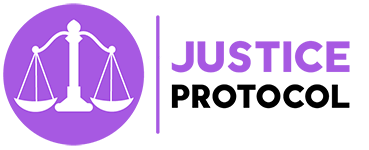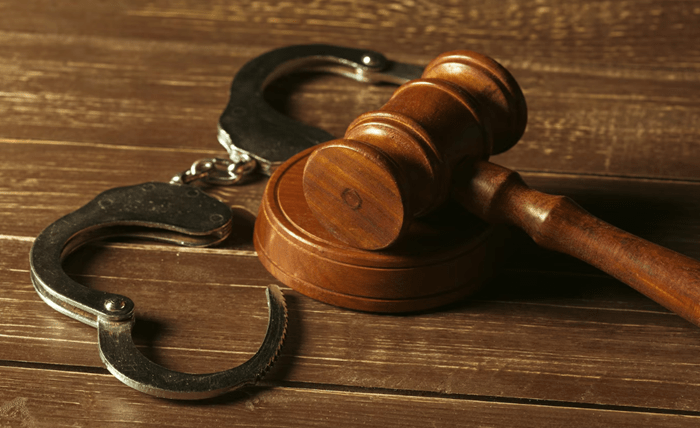Criminal lawyers in Atlanta, GA, are legal professionals specializing in defending individuals and organizations charged with criminal activity. Our expertise covers a broad range of offenses, from minor infractions to serious felonies, ensuring the legal rights of the accused are upheld throughout the judicial process. We carry the weighty responsibility of advocating for our clients, attempting to achieve the most favorable outcomes through strategic planning and a deep understanding of Georgia’s legal system.
We navigate complex procedures, from initial hearings to trials and appeals, and handle various crucial tasks including investigating cases, gathering evidence, and preparing compelling legal arguments. Our role is to provide an effective defense, mitigate potential penalties, and maintain the integrity of the legal process. The ability to interpret the law and provide sound legal advice is paramount in our profession. Learn more about Criminal Lawyer Atlanta GA
In Atlanta, criminal lawyers must remain abreast of local, state, and federal laws to provide the best possible defense. Our representation is essential for those facing criminal charges who may lack the resources or knowledge to defend themselves. By ensuring fair treatment under the law and protecting the rights of individuals, we play an integral role in the justice system.
Understanding Criminal Law in Atlanta, GA
In Atlanta, GA, criminal law is an intricate system, and we have numerous offenses that are adjudicated according to specific rules and procedures.
The Legal Framework
Atlanta operates under the legal framework of both Georgia state law and federal law. State statutes define most criminal offenses and their corresponding penalties. The Georgia Code is accessible to public scrutiny, ensuring that laws are applied consistently. When federal law comes into play, it takes precedence over state law, often dealing with offenses that cross state lines or involve federal entities.
- Georgia State Courts System: Handles most criminal cases in Atlanta.
- Federal Courts: Address federal crimes and are sometimes the venue for larger, more complex cases.
Types of Criminal Offenses
Atlanta recognizes a wide range of criminal offenses, categorized broadly into misdemeanors and felonies.
- Misdemeanors: Less serious crimes, often punishable by fines or incarceration in local county jails for up to one year.
- Felonies: More severe offenses, with punishments including longer prison sentences, hefty fines, or both.
The particularities of an offense are critical in determining its category. For instance:
- Theft can be a misdemeanor or felony, contingent on the value of the stolen property.
- Drug offenses can vary significantly based on the type and amount of substance involved.
The Role of a Criminal Lawyer
Our role as criminal lawyers is to represent individuals accused of committing crimes, safeguarding their legal rights and ensuring fair treatment under the law.
- Defense Attorneys: Represent the accused, challenging evidence and arguing on their behalf.
- Prosecutors: Represent the state or federal government, working to prove the defendant’s guilt.
We navigate complex legal processes, plea bargains, and trials, aiming for the best possible outcome for our clients.
Finding the Right Criminal Lawyer
When accused of a crime in Atlanta, GA, the importance of selecting an appropriate defense attorney cannot be overstressed. Their expertise can significantly sway the outcome of your case.
Qualities to Look For
In a criminal lawyer, certain qualities are essential. Experience in handling cases similar to yours is a key factor. We should ensure they have a successful track record. Another vital attribute is communication skills; a lawyer must be able to explain legal concepts in terms that make sense to us. We also look for someone who demonstrates integrity and perseverance.
Researching Potential Lawyers
Research is a stepped process:
- Begin with Online Directories
Platforms like the State Bar of Georgia’s website provide lists of attorneys with their specialties.
- Check Reviews and Testimonials
Client feedback gives insights into their satisfaction with the lawyer’s services.
- Assess Their Professional Standing
Checking into their disciplinary history is prudent.
Scheduling Consultations
Once we’ve shortlisted potential lawyers, the next step is to arrange consultations. Here’s what we should do:
- Schedule face-to-face meetings: This allows us to gauge their interpersonal skills and comfort level.
- Prepare a list of questions: Inquiries about their experience, strategy, and fees are a must.
- Document their responses: Keeping notes aids us in making a well-informed decision.

